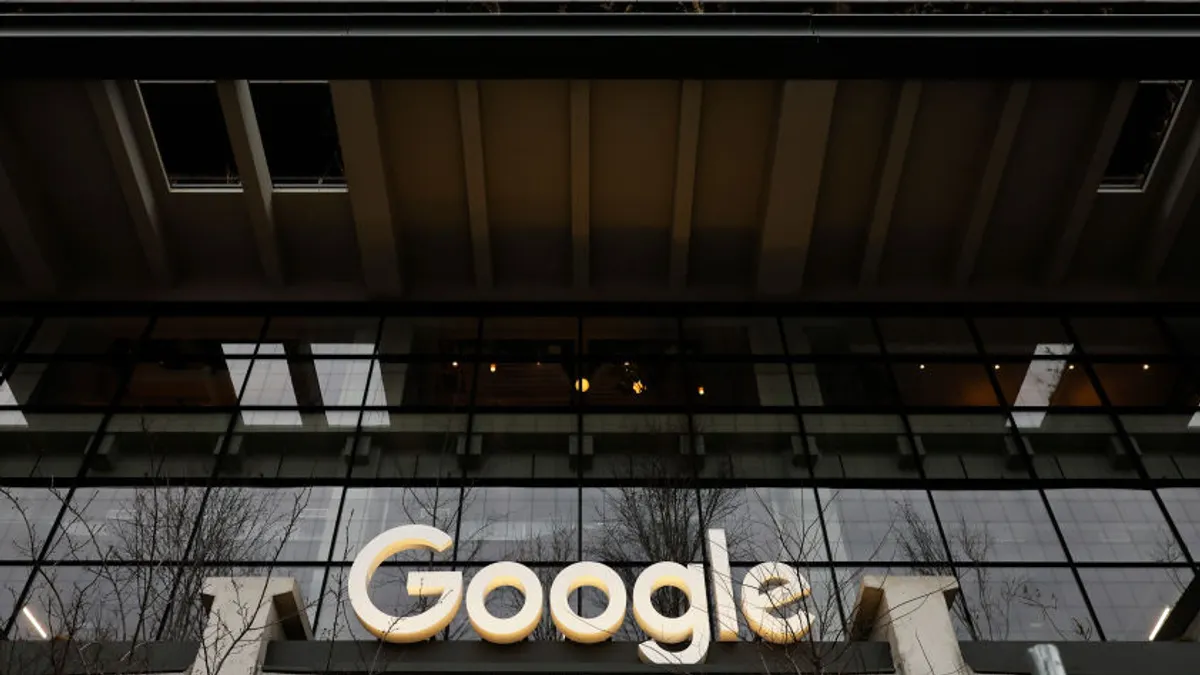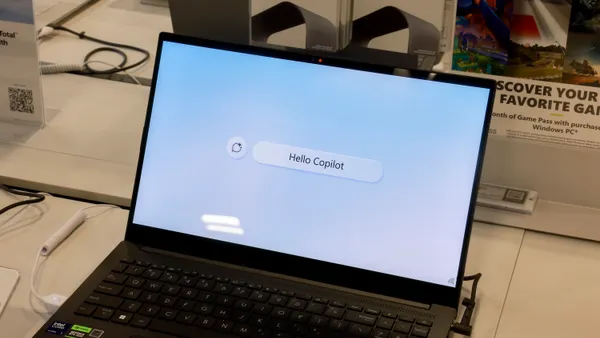UPDATE: July 31, 2025: Microsoft followed Google's lead Thursday in publicly sharing its decision to become a signatory of the European Union's General-Purpose AI Code of Practice. "We are choosing this path to further build trust in Microsoft AI models, support the European AI ecosystem, and demonstrate our long-standing compliance with EU law, while recognizing that the AI Act is a complex regulation that would benefit from simplification," Nanna-Louise Linde, VP of European government affairs at Microsoft, said in a LinkedIn post.
Dive Brief:
- Google said it will sign the European Union’s General-Purpose AI Code of Practice in a Wednesday blog post. The voluntary framework aims to help enterprises align with standards set by the EU AI Act and was released earlier this month.
- “While the final version of the Code comes closer to supporting Europe's innovation and economic goals than where it began … we remain concerned that the AI Act and Code risk slowing Europe’s development and deployment of AI,” Kent Walker, president of global affairs at Google and Alphabet, said in the statement, pointing to steps that slow approvals and requirements that could expose trade secrets.
- Google is the first U.S. cloud giant to publicly sign on to the code. Earlier this month, Meta declined to become a signatory. The decision reflected Meta’s belief that the policies “will throttle the development and deployment of frontier AI models in Europe,” Joel Kaplan, chief global affairs officer at Meta, said in a LinkedIn post last week. Signatories will be publicly listed Friday.
Dive Insight:
Google joins AI providers OpenAI, Anthropic and others in signaling intent to sign the EU’s code, just days before another AI Act regulatory milestone.
On Aug. 2, several EU provisions governing general purpose AI models go into effect. General purpose models already on the market by August 2025 will have until 2027 to achieve compliance.
Enterprises operating globally are confronting myriad AI-related rules, such as the growing patchwork of U.S. state laws and a countdown to further EU AI Act enforcement actions.
CIOs and their businesses are finding it hard to navigate the fragmented regulatory environment. Nearly three-quarters of senior leaders say inconsistent terminology and phrasing pose compliance challenges, according to an Acrolinx survey published this month.
AI oversight strategies are still evolving in the U.S. President Donald Trump signed a trio of related executive orders last week following the release of an AI Action Plan. The actions set the stage for further acceleration of AI development and deployment nationwide, but questions still remain around execution.
The changing landscape of AI compliance has ushered in closer partnerships between IT leaders and their C-suite counterparts, such as privacy chiefs.















